Personal Science Week - 250828 Agency
Normal people are smarter than you think
Improvements in AI tools are noticeably improving my life all the time and this week was no exception, as I began using a new AI-powered “agentic” browser.
The new browser, plus some podcasts/books about the COVID pandemic remind me why we should always assume that humans are more capable than we think.
For the past several months I’ve been using Claude Code regularly in everything I do. As I mentioned in PSWeek250710, it’s been a major productivity enhancer, not just for “vibe coding” or analysis of my personal science experiments, but for my note-taking and work organization in general. Claude Code will work on a large notebook of text and spreadsheet files as easily as it will on programming code. One reason it’s more useful than a typical chatbot (like ChatGPT) is that you can delegate an action and it will just go off and do it. For example, “Find all the people I mentioned in that notebook and summarize it as a new note”. We call it an “agent” because it has the ability to work semi-independently across a variety of files, returning when it finds the answer.
But this week I took agency to a new level when I started using the new Comet browser from Perplexity. If you do much of your work in a browser — email, reading web sites, buying stuff—Comet watches your actions and can act as your “agent”, doing multi-step operations automatically based on what it knows about the sites you’ve visited, searches you’ve conducted, and much more. For example, I can say “a few days ago I saw a website that mentioned a new diet involving sugar”; it looks through my browser history and the various sites until it finds the one that I only vaguely remember visiting. Huge time-saver!
There is something empowering about knowing that you can delegate tasks and have them handled without needing to explicitly control each one. Agency is nice!
People have agency too
Meanwhile, I listen to a ridiculous number of podcasts throughout the week, some of which meander into contemporary issues that inevitably feature somebody with a strong opinion about politics. As somebody who tries to practice the personal science maxims of both open-mindedness and skepticism, It strikes me that many of these opinions assume a lack of agency among the people who disagree with them.
So much political discussion appears to take as self-evident that whole groups of people are unable to think for themselves. Oddly, the people who seem most eager to question the agency of others are often the least likely to examine the bias in their own beliefs.
My favorite example: politicians often express incredulity at people who “vote against their own self-interest”. But many people who are wealthy support social spending on the poor despite it being against their own immediate self-interest. Why, then, would we assume that a relatively poor person who supports the opposite is voting against theirs?
I’m reminded of this recently as I read more about the COVID pandemic, including an excellent book In Covid’s Wake: How Our Politics Failed Us by two Princeton political science professors. While the definitive history has yet to be written, this one is the best factual summary I’ve seen so far, with carefully-cited references to the major actions at the time.
You probably remember (and perhaps wrongly still believe) COVID facts that might have been true at certain places or times during the pandemic but that no longer hold in fuller hindsight. Which US states or demographics fared better and worse? Which policies were better at preventing infections or death? Don’t assume that just because you formed an opinion long ago that it held up when looked at from a longer perspective.
tldr; vaccination and natural infection rates are the only numbers that really mattered. Social distancing, face masks, business closures—these “NPIs” (Non-pharmaceutical interventions) did nothing to stop a disease that was going to (and did) spread to everyone in time. Ironically, this is exactly what epidemiologists had been saying for decades.
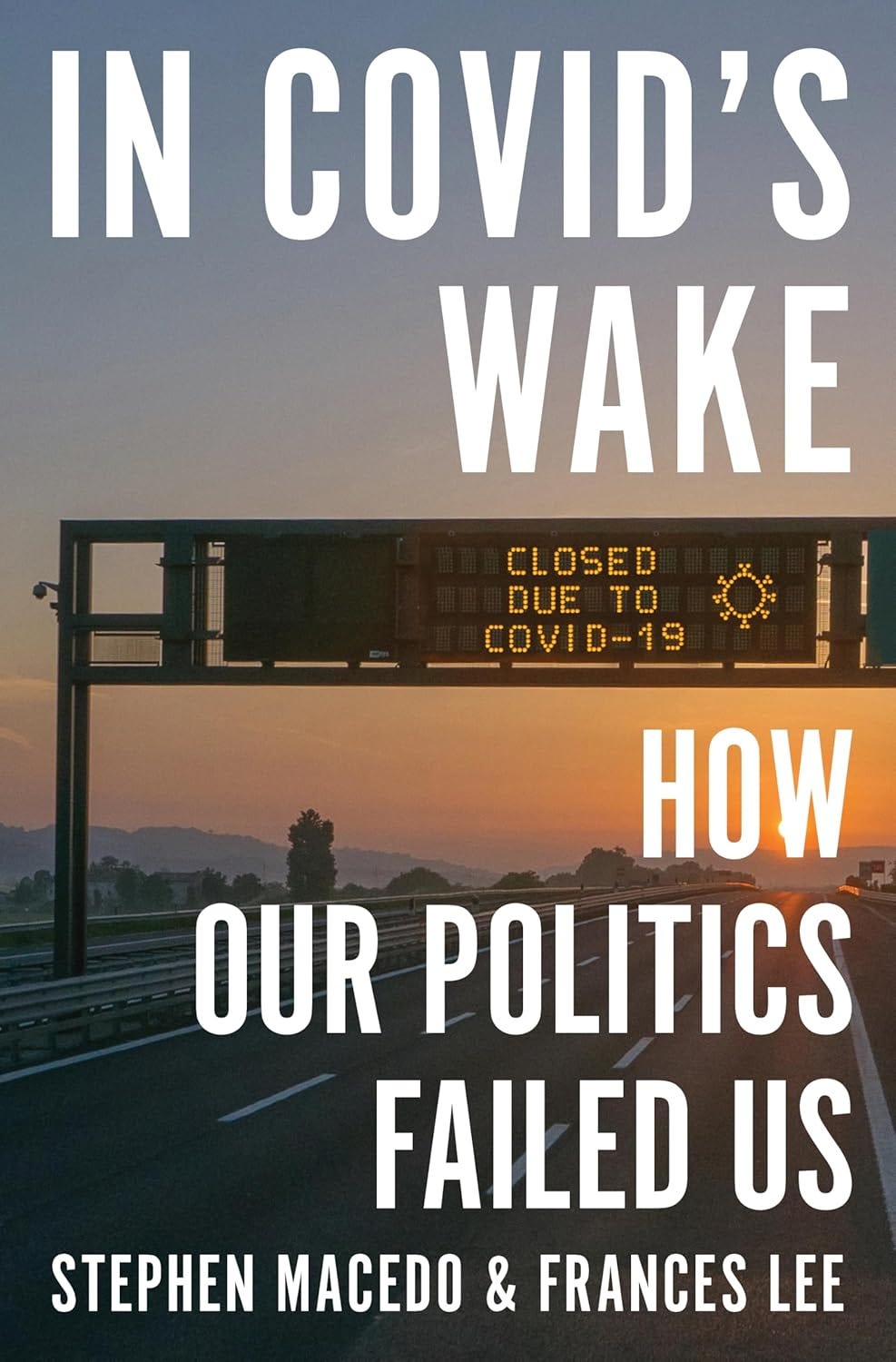
So why did public policy fail so spectacularly? I think part of the reason is that too much policy-making assumes that individual people lack agency. Unless somebody tells—or forces—the unwashed masses do the right thing, they’ll fall victim to “misinformation” or worse. Of course it goes without saying that policy-makers who hold this view see themselves as the happy exception who cannot be fooled.
Why Personal Science
This gets to the core of why I’m interested in personal science. We make countless decisions each day, often highly dependent on what we read or hear. But when even the experts disagree, how should you decide? Arnold Kling says “we decide what to believe by deciding who to believe”. For most of us, naturally, those are experts of various kinds. But is there a better way?
The scientific method, relying on raw well-collected data, analyzed systematically and logically, is a great “knowledge machine”. I want to learn how to harness that machine in my own life.
We can all use personal science. We all have agency.
Personal Science Weekly Readings
Speaking of learning lessons from COVID, a Pew survey shows that maybe most of us didn’t really learn all that much after all.
COVID is just one of the examples given by Charles C Mann (author of many excellent science-historical books including 1491) in a Scientific American article What happens when an entire scientific field changes its mind: Also Physics (Aether Theory, Microbiology/Medicine (Germ Theory), Quantum Physics (Parity Reversal), Artificial Intelligence (Perceptrons), Astronomy/Geography (“Great American Desert”), Public Health (Mammogram Recommendations). One of my takeaways is that changes of scientific mindsets are not as common as media portrayals suggest, but when they happen they are often resisted—and shaped—by political pressures, public communication, and institutional inertia.
Wise observation on X from Matthew Barnett “I think it’s underrecognized how often prognosticators make predictions that sound clear, but are actually extremely vague. For example, the prediction that future AIs will think 100x faster than humans sounds clear, but in reality, is a highly imprecise statement.”
Speaking of lack of agency, can anybody defend why the US requires you to get eyeglasses from an (expensively-trained) doctor of optometry, rather than a trained optician as in most countries? (via @pitdesi )
Ultra-Processed Foods: Request for Information - Federal Register is requesting public input and information on ultra-processed foods, including their definitions, prevalence, health impacts, and considerations for federal food policy development. There were only 90 comments when I checked earlier this week.
Speaking of processed, Jason Bardi posts about a new Nature Microbiology study about chocolate fermentation that “sets the stage for the emergence of a modern chocolate industry akin to the beer or cheese industry, based on controlled cocoa fermentations,”
About Personal Science
Finally, if you’re in Seattle right after Labor Day, please join us at our next meetup. These events are super-informal and are intended to be a low-key way to share or discuss any ideas of interest to personal science
As always, our motto remains: be open to new ideas, but skeptical. Whether the source is a peer-reviewed journal, an AI chatbot, or your own data, the same standards of evidence apply.
How are you using AI for your personal science work? Let us know.


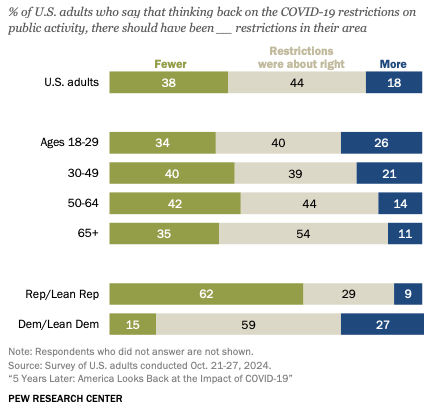

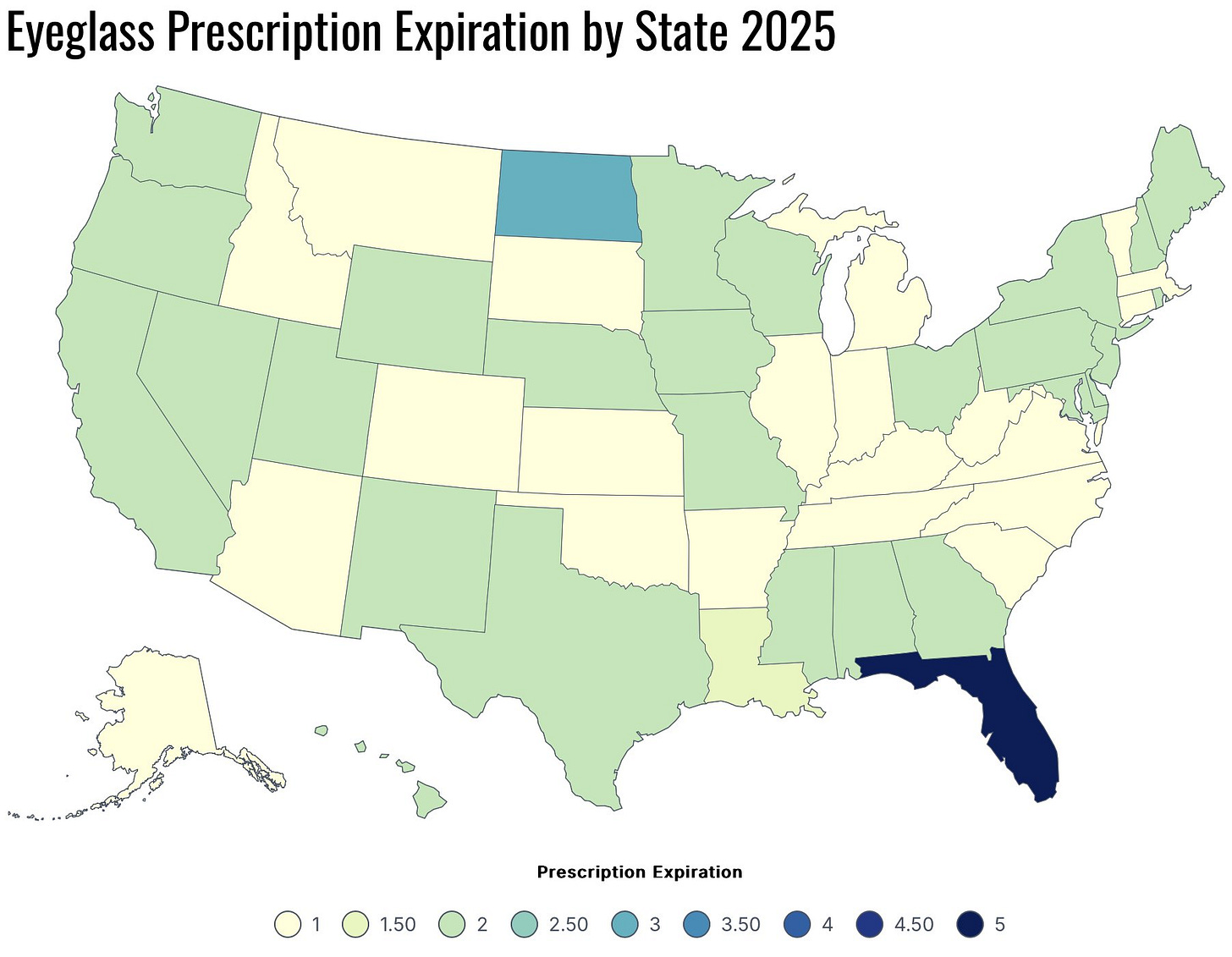
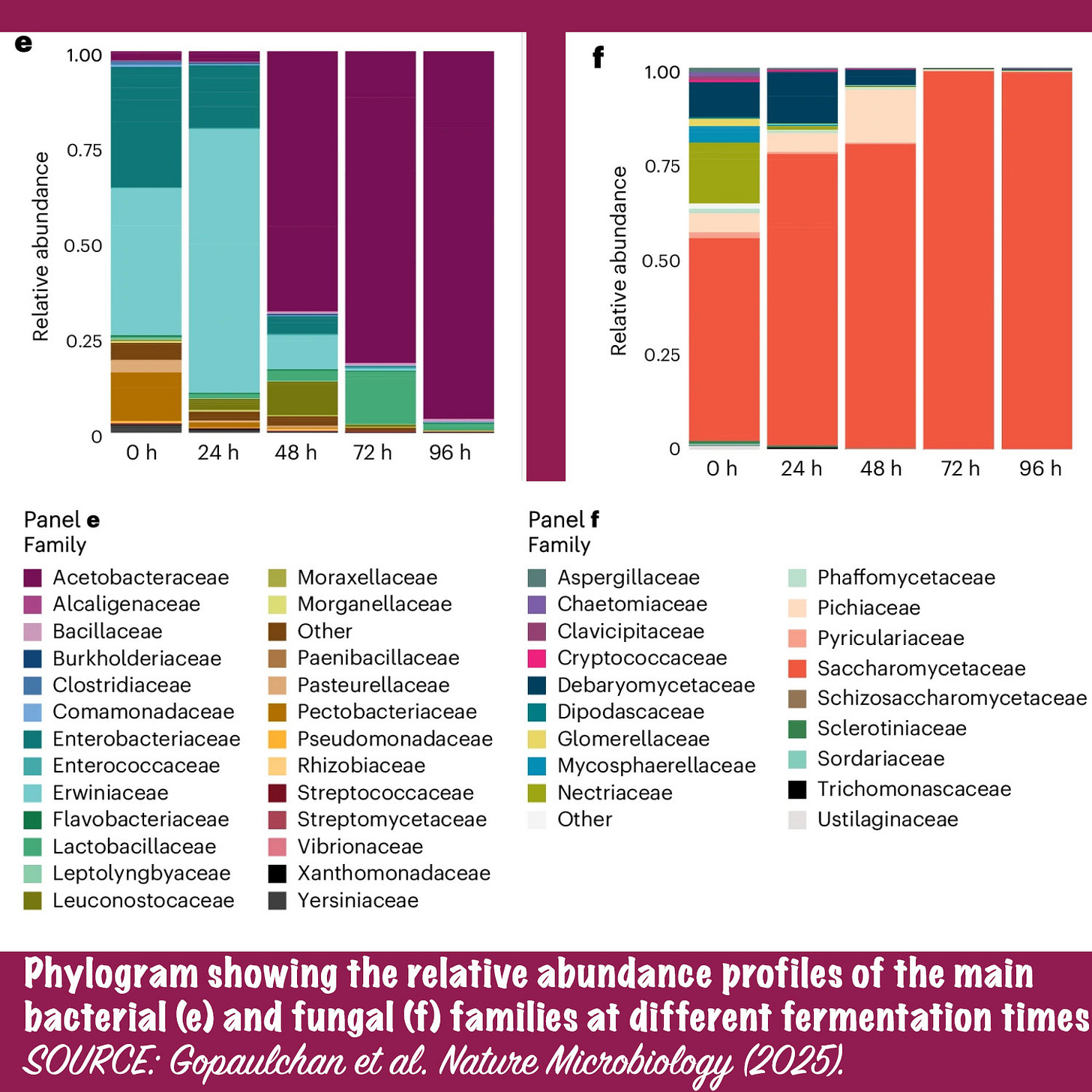
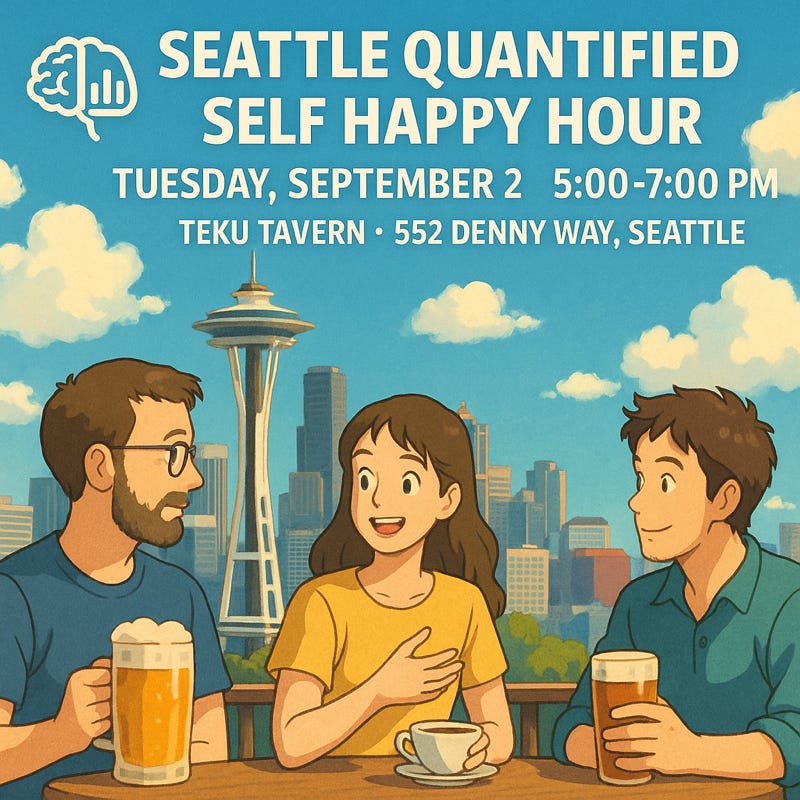
> Normal people are smarter than you think
You can find evidence on both sides of this issue. Seat belts save lives, but most people didn't wear them until mandatory seatbelt laws were passed. And the opioid epidemic involved many people using prescription drugs without medical justification (though I understand that the pharmaceutical & medical establishment bears much of the blame).